Warning: This post contains mentions of abuse, suicide, and eating disorders.
We recently asked the BuzzFeed Community to tell us common things parents say to be "helpful" that are actually toxic. Here are the eye-opening results:
1. "When a child gets hurt, and the parent says, 'You're okay,' and thinks they are just being dramatic. The parent never acknowledges them getting hurt or them being upset about being hurt. Children need that validation that how they are feeling is seen and respected.
"They don't need to 'grow tougher skin'; they need to learn that having emotions is okay and how to handle said emotions properly — especially when they get hurt."
"The best thing for a kid, especially one in the middle school/high school range, to hear when they’re upset is, 'It’s okay if things aren’t okay. It’s okay to be upset. Let it out, so you can let it go when you’re ready.'"
—19, Canada
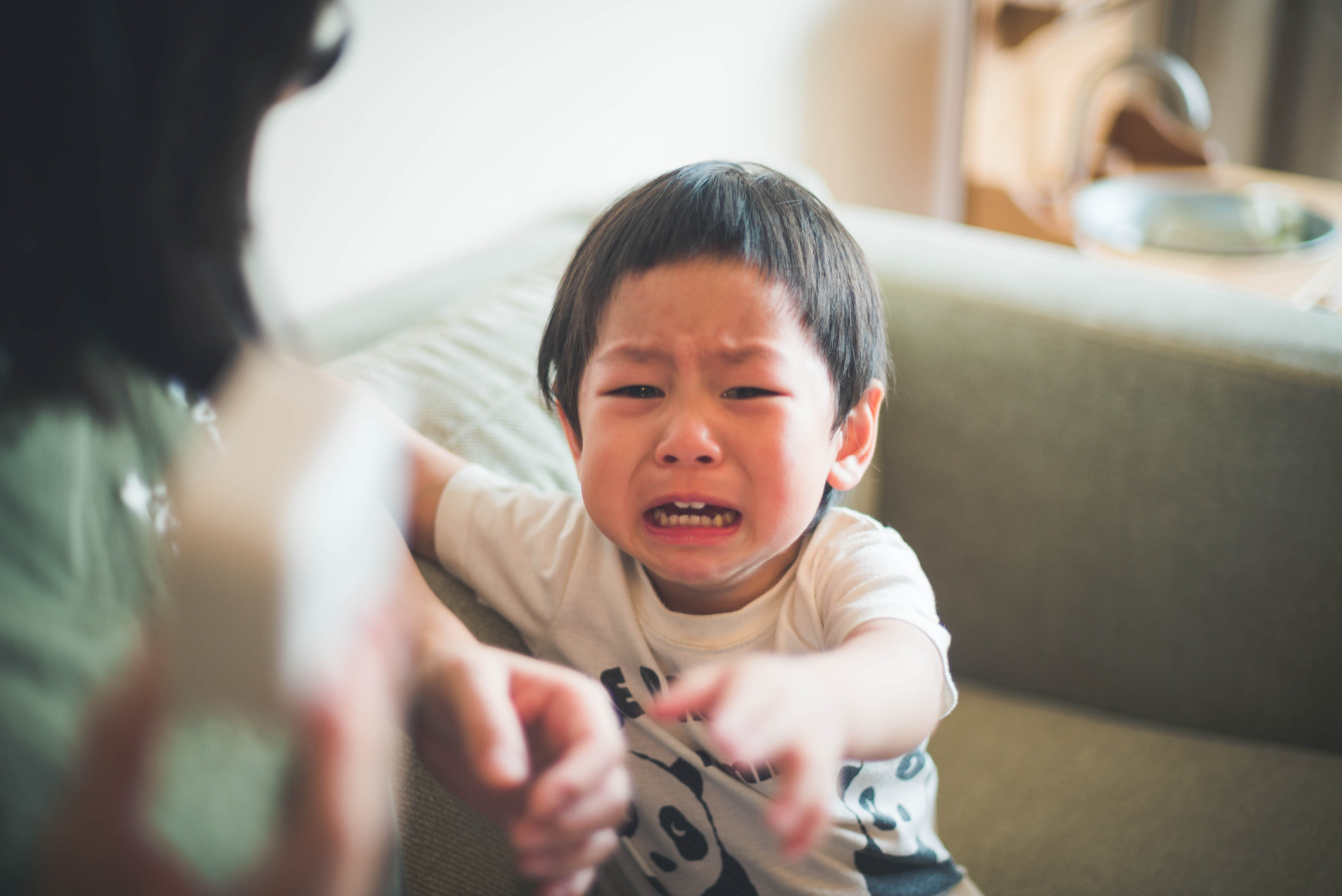
2. "'If you can dream it, you can do it!' or 'You can be anything.' Hearing those comments always inspired me growing up, but as I'm trekking through my college career, I'm realizing that limitations DO exist, and I'll probably need to be more practical about my future than I anticipated when I was little.
"I feel all this pressure to find some grand passion or be super talented in a certain discipline, but so far, nothing has clicked."

3. "'Just ignore the bully, and they will leave you alone.' No, they won't. They will try harder and try something even uglier to get a reaction from you. Thanks, mom and dad, for setting me up for something worse.
"Secondly, if it were as easy as ignoring it to make it stop, it wouldn't be bullying."
"'Just ignore the bullying, and it'll stop! Don't give them a reaction; it's what they're looking for.' First off, I'm 12. When someone calls me fat or stupid or ugly, it hurts. It's hard to not be visibly upset, especially growing up as an undiagnosed autistic kid who always wondered why people didn't like me. Ignoring the bullies never made it stop, but it did take the onus off of the adults and made it *my* problem; if it wasn't stopping, clearly, it was my fault. You are an adult; it's your job to intervene, not pin the control of the situation on your child.
"That set me up in relationships to never stand up for myself and to ignore problems because ignoring yelling or put-downs from a partner would make it stop, according to the adults. Support would have been useful, or better yet, the tools to communicate with others and the validation of my feelings being hurt."
—30, New York
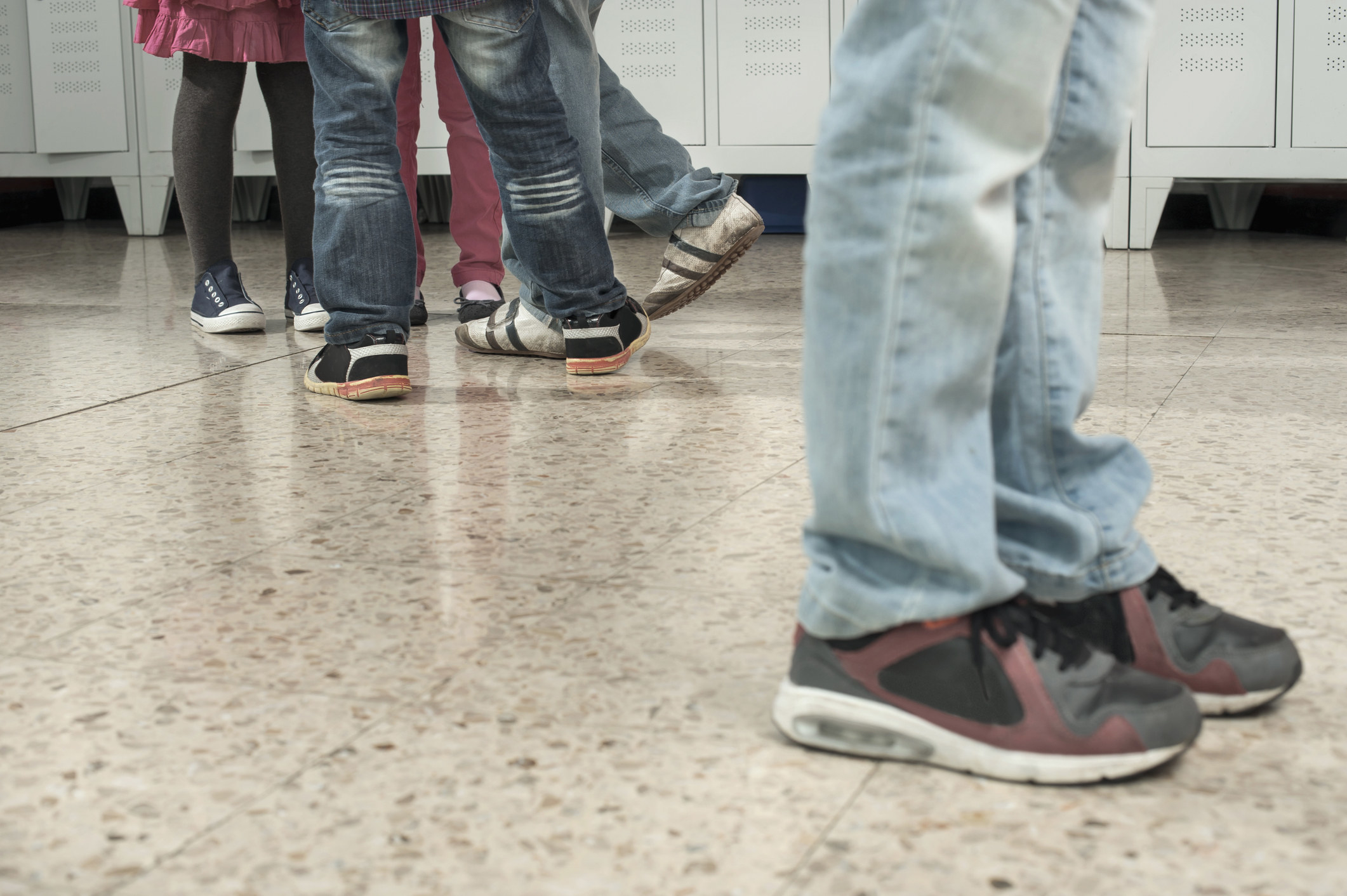
4. "I’m a very sensitive person. I feel empathy strongly and pretty much cry either tears of joy or sadness during every Disney movie. As a young child (and until my parents divorced), if I cried for any reason other than physical injury, my father would squeeze my arm tightly and tell me to toughen up: 'Stop crying, or I’ll give you something to cry about.'
"Obviously, that only ever served to make me cry harder. It did nothing except make me feel ashamed for crying even if I had a good reason."
—23, Ohio
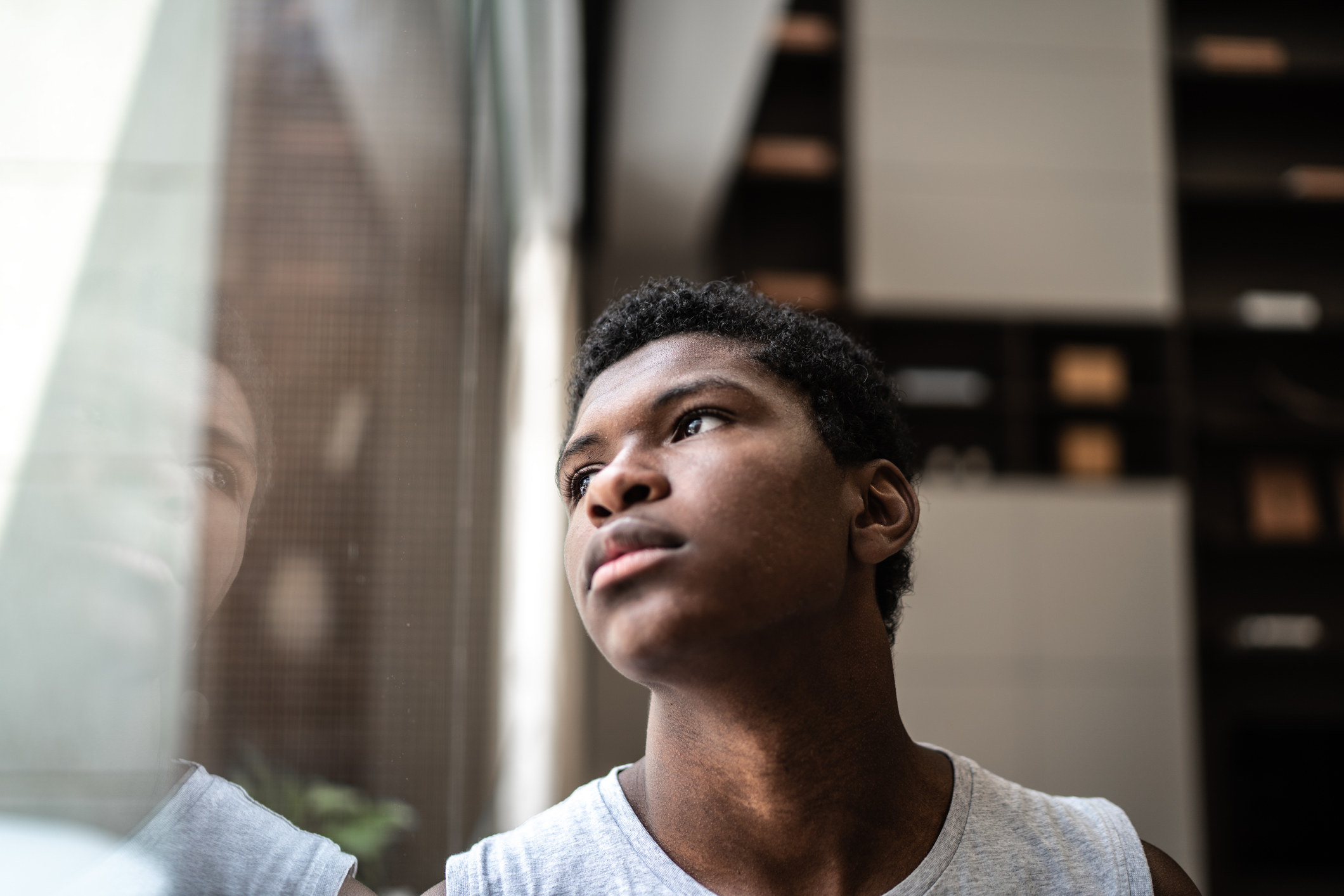
5. "I’m severely, chronically ill, and my parents always praise how 'strong' I am, and it will never NOT bother me. Especially since I’ve told them to stop saying that. I’m not strong; I’m literally trying not to die. Not enduring these awful treatments would mean dying. That’s not strength — that’s f**king survival. I don’t have a choice if I want to continue to live.
"By refusing to accept that, it completely dismisses how hard and painful the struggle is for me and just makes other people feel better for praising the 'sick girl.'"

6. "A surprising one: 'Be the bigger person.' My dad always told me this when I’d get into arguments with anyone. He told me to be the bigger person, forgive, and just move on. Later in life, I realized that it was an excuse so he wouldn’t have to deal with the confrontation; it was easier to let me be hurt and walked on than to ask someone to apologize to me for hurting or offending me. I thought it was such good advice, but looking back, he was just saying that so he wouldn’t have to stick up for me.
"He was just letting me get walked all over and allowing it to happen. My feelings never mattered. Be careful of how you’re treating your kids, and be mindful of the messages you’re giving them. They will realize later on in life what was actually happening, and it’ll be hard for them not to resent you for it."
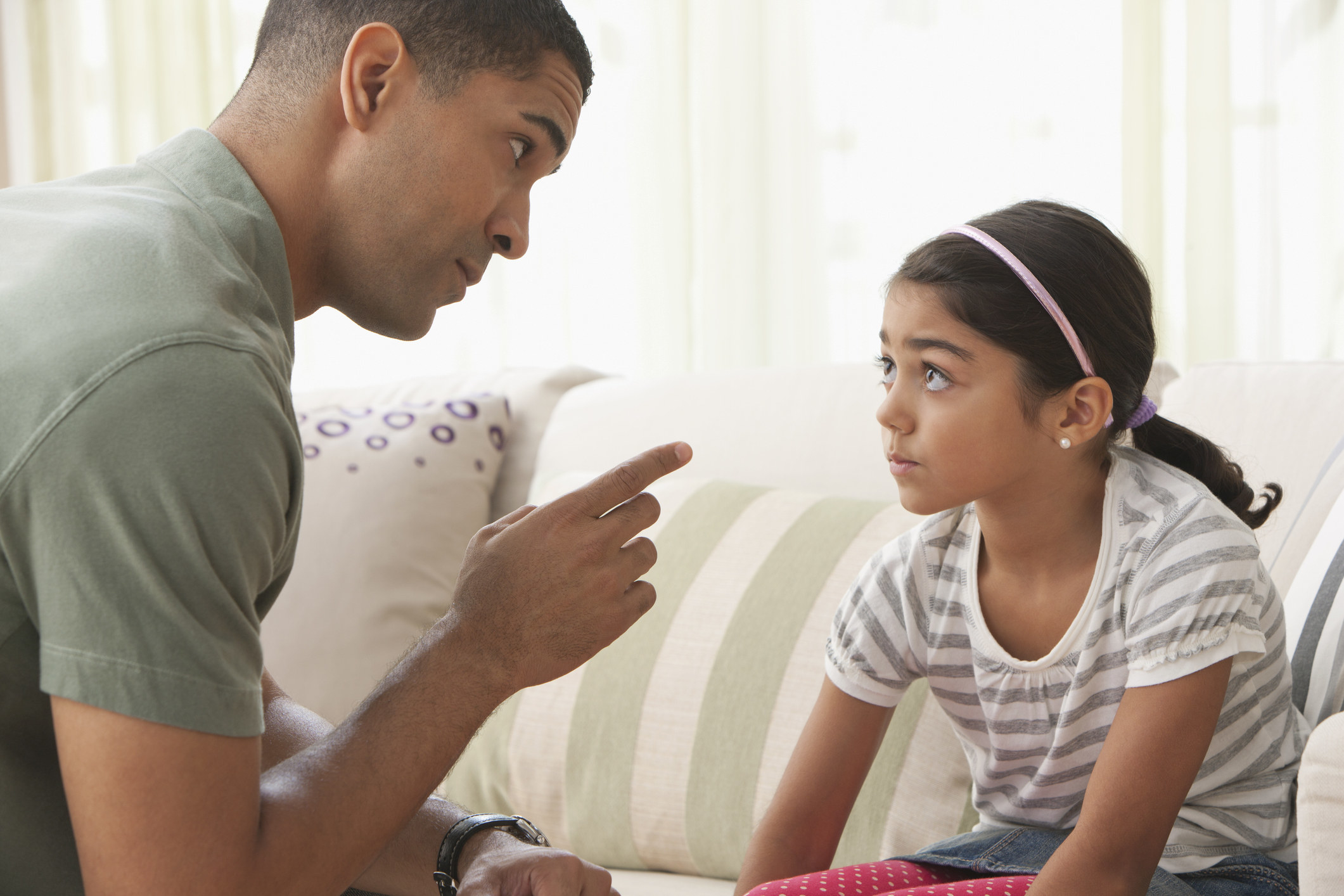
7. "A friend of mine unfortunately committed suicide. I was a sophomore, and everyone in my grade was mourning him. I called my mom because I was obviously upset by this and explained what had happened, and she asked, 'Do you know him?' I said, 'Yes. We messaged on Snapchat sometimes.' She then asked, 'Were you friends?' I said 'Yes. We didn’t talk much to make us close friends, but we were definitely friends.' My mom then had the audacity to say, 'Well, if you didn’t know him that well, there’s no reason to cry over him.'
"That just broke my heart."

8. "'We do not air our dirty laundry in public.' I think that on one hand, it's really important to teach lessons and give guidance around privacy and the perils of oversharing, putting private moments online, and digital security. I 100% support solid boundaries around consent and privacy, and I personally air on the side of being overly cautious engaging on social media platforms and putting personally identifying information online. AND, when I was growing up, before social media and before digital platforms were integrated into our lives, the above quote was used to force my siblings and I to keep dirty secrets of abuse and violence happening inside our home.
"We were shamed and guilted into keeping secrets about adults' sh*tty behavior, and it ultimately kept any of us from getting the support we needed to escape and heal from family violence."
—33, New Mexico
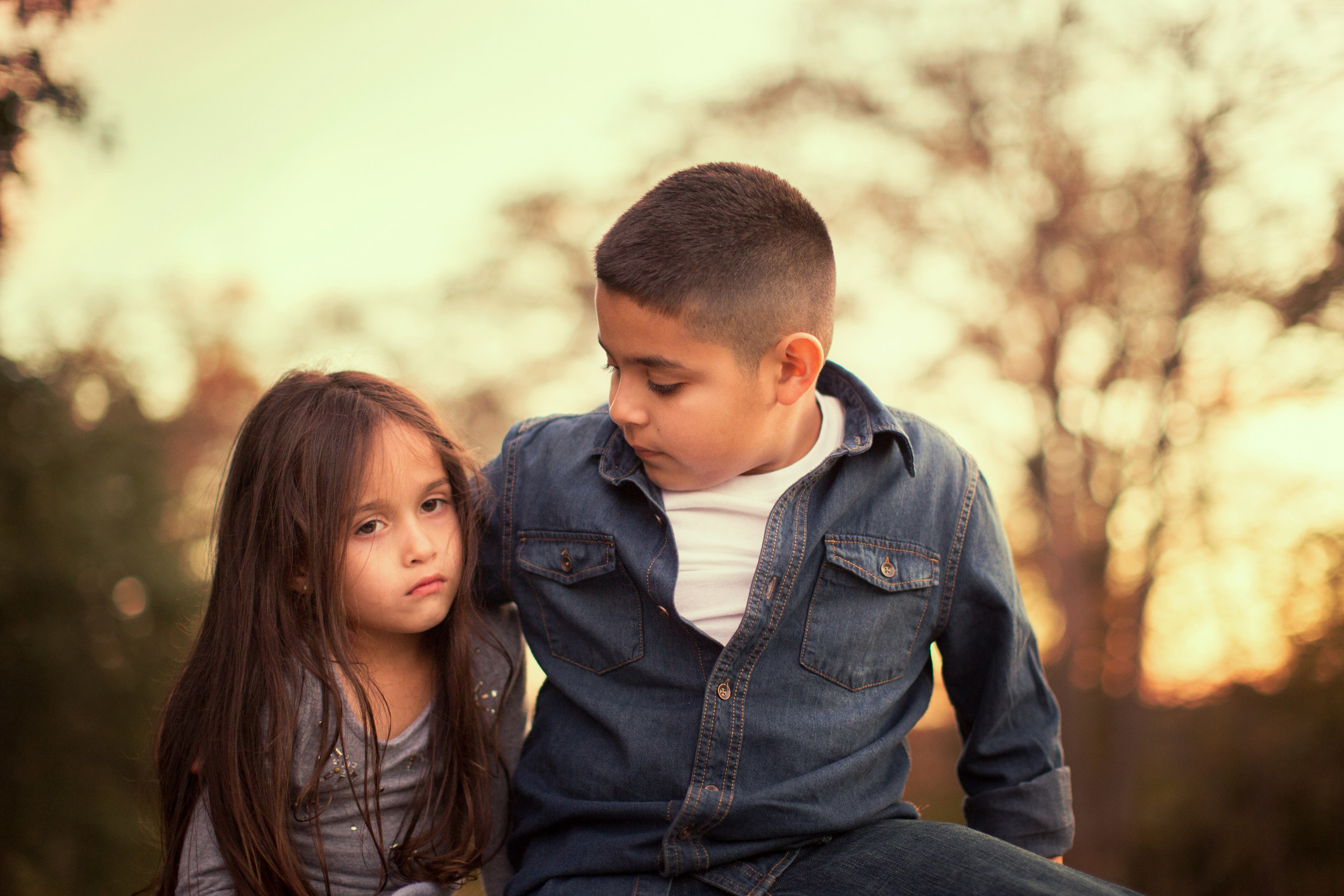
9. "'Smile, darling!' My mother has been saying this since I was a kid because a smiling child is a happy child and presents a pleasing image. I was told by a psychologist a few years ago that I have Asperger's, so my resting face isn't a smile — it's just neutral. I've tried to explain this to my mother, but she doesn't believe me."
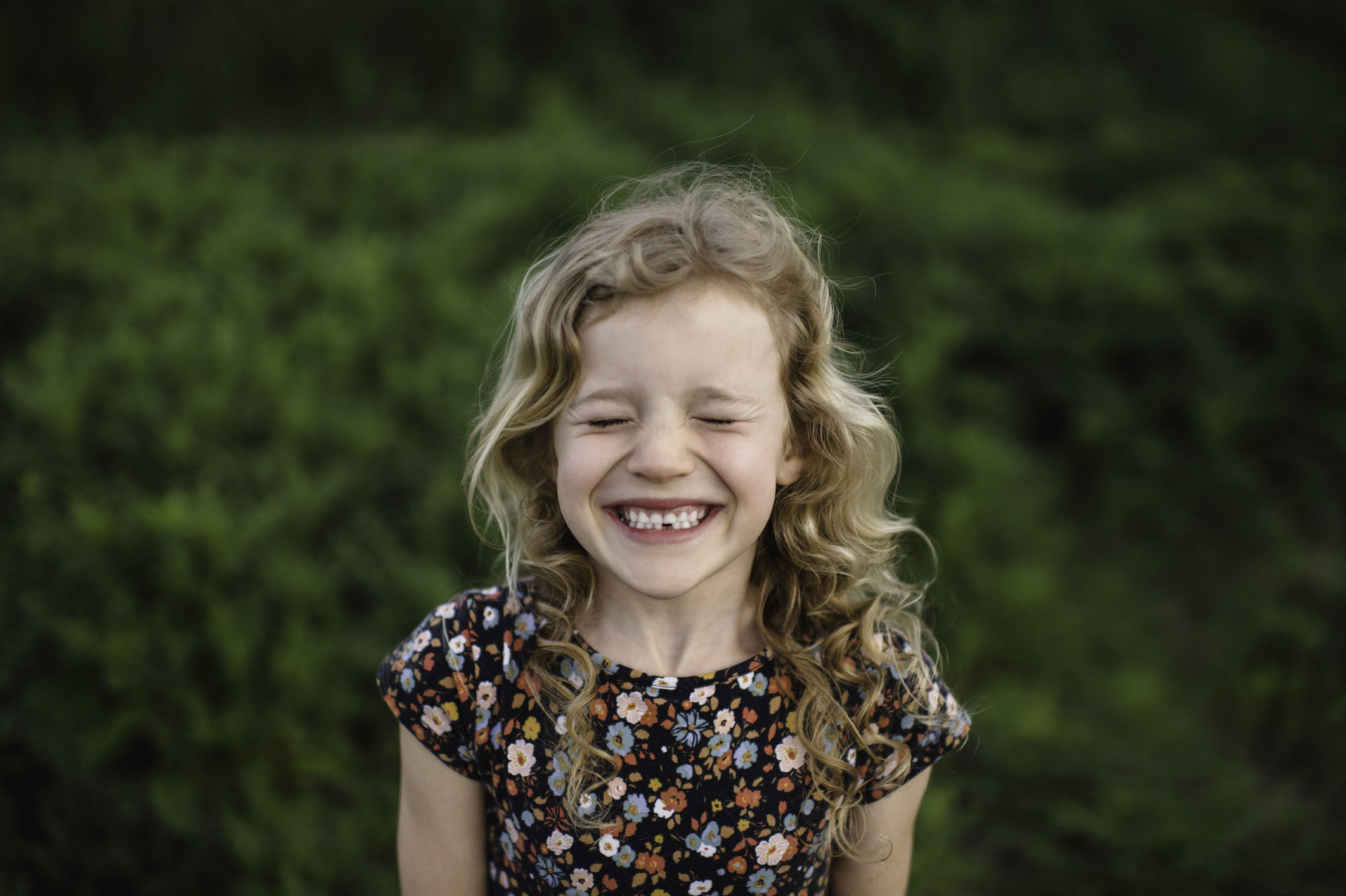
10. "Not discussing bills and money correctly with kids early enough. I know my parents thought they were protecting their kids from the worry of 'grown-folks' business. Really, all it did was hide their bad financial habits, drug addiction, among other selfish actions.
"I'm still trying to get my life together and do better with money."
—43, Rhode Island
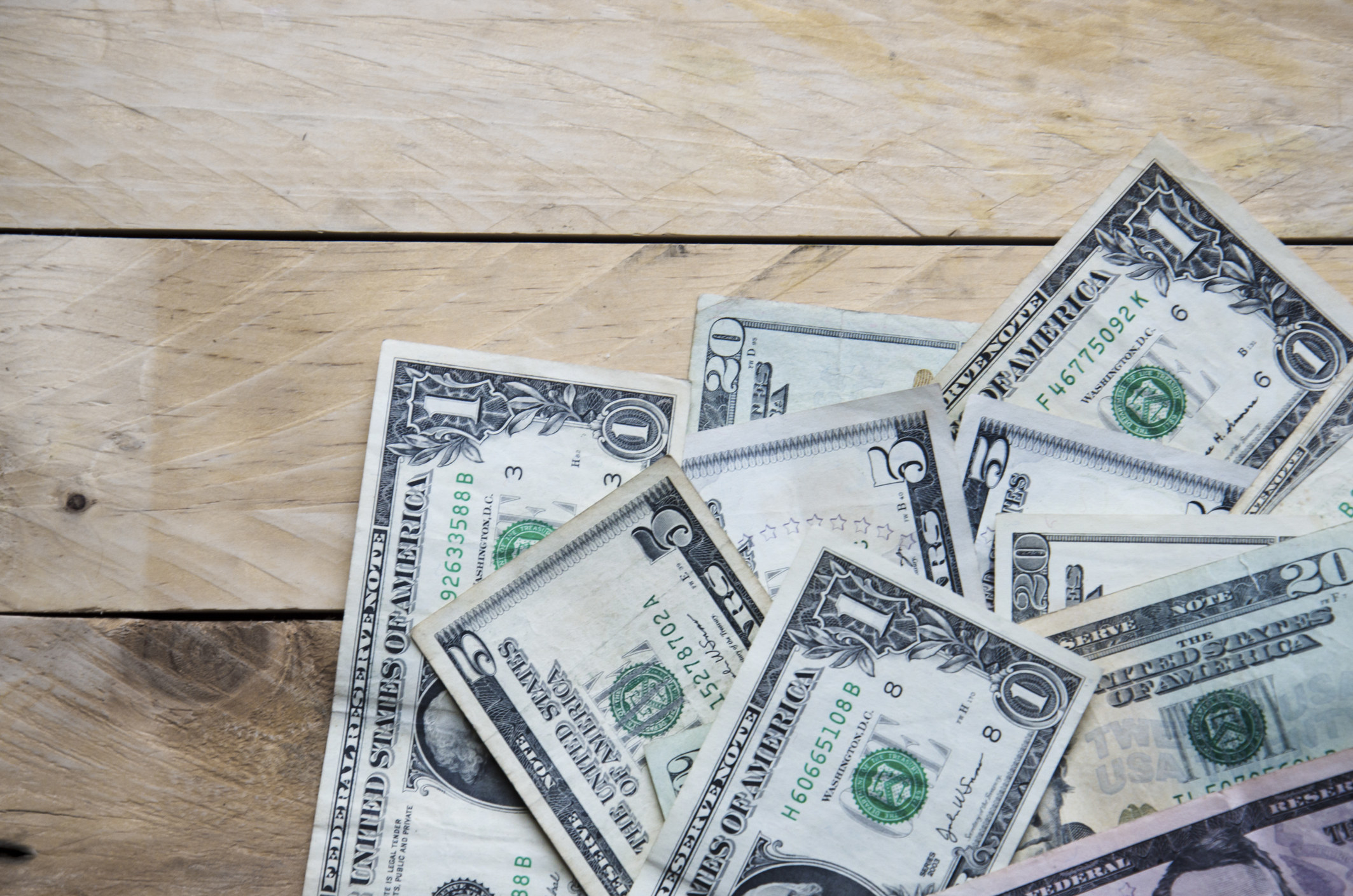
11. "My narcissistic father terrified me with his concepts of 'the real world.' For example, he had a problem with the school and its policies for re-taking tests for a better score because in the real world, there are no do-overs. Of course, that’s not true. As an adult, I found that real people make real mistakes even in the workplace, because, well, humans make mistakes.
"Most mistakes are simply identified, then fixed, and then everyone moves on. Life is all about do-overs. I have spent years undoing my father’s views of the 'real world.' I am not a robot! I am a human being."
—46, Arizona

12. "'You look like you've lost/gained some weight.' A parent should never comment on their child's weight because then the child will start to focus on their body — even if they have never thought about themselves in that way before. It is a parent's job to make sure their child is healthy, and healthy comes in all shapes and sizes."
—18, Hawaii
"My mom always pointed out bigger people or people that weren’t sticks or muscular and told me that she doesn’t want me to end up like them. This damaged me for so long that both me and my sister developed an eating disorder.
"My sister got a lot more help for it than I did because according to my mom, 'Only girls have those problems.' ALL BODIES ARE BEAUTIFUL AND DESERVE LOVE."
"I was around 6 the first time my mom decided I needed to 'cut back' and put me on a diet. I vividly remember watching her call out-of-state plastic surgeons to find someone who would give a 12-year-old a nose job when I was in junior high.
"I was not an unattractive girl, nor was I extremely overweight, and I was very athletic, but by the time I was a senior in high school, I was so deep in my eating disorder that I would pass out while catching a softball game. I’m almost 40, and neither my relationship with food nor my mother are very good — and those two things are closely intertwined."
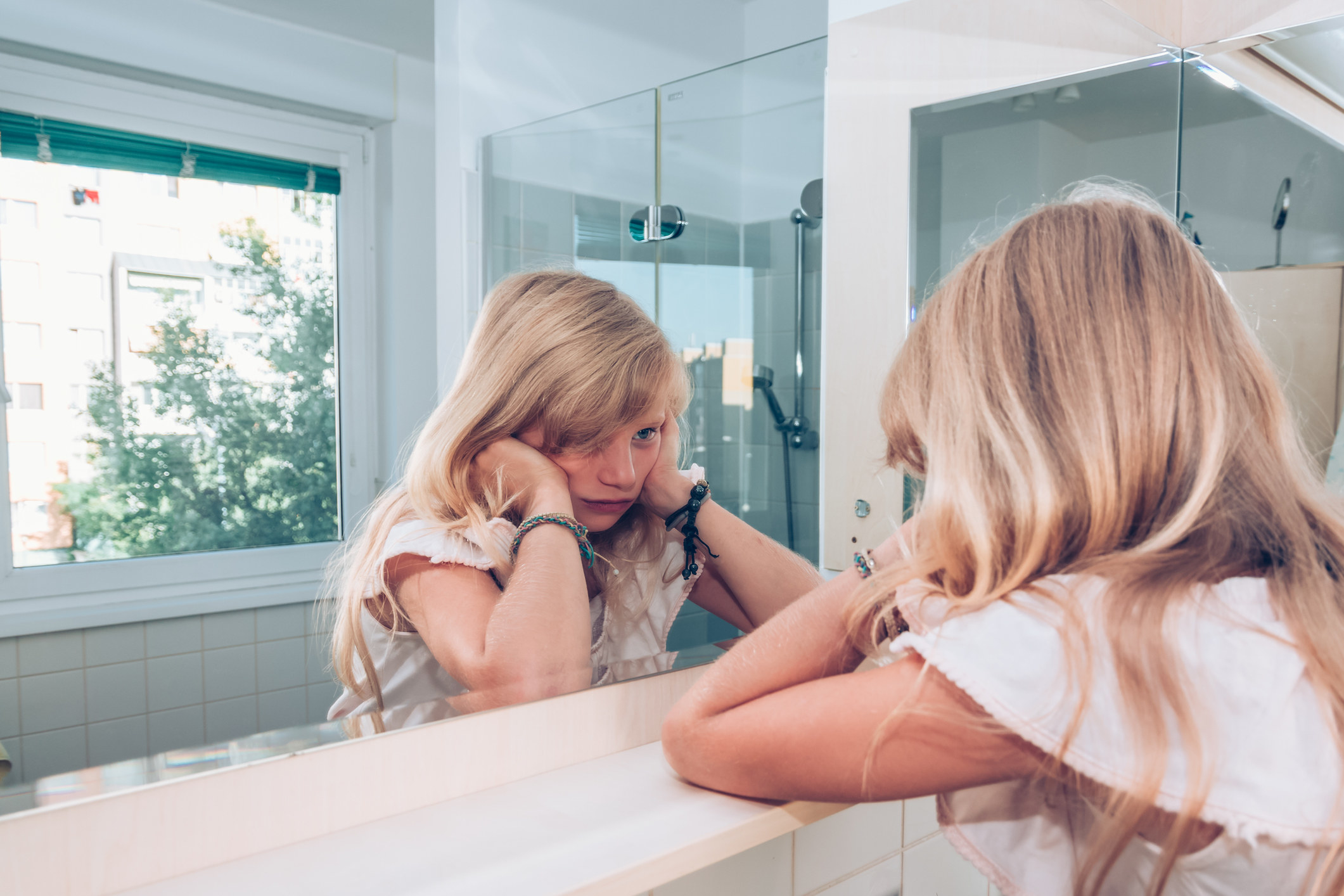
13. "My mom always told me don’t wait until you’re 30 to (insert anything here: lose weight, buy a house, put on face cream, etc.) because it will be too late. All of my 20s, I was depressed and feared that my life would be over when I turned 30.
"I’ll be 34 in a few weeks, and I must say, I've never felt any better. Also, I’m healing a lot of trauma. I could write a novel about the toxic behavior of my parents."

14. "'They have a crush on you/they want to be friends' when you're getting bullied. I told my teacher I was getting bullied; he told me to tell my parents, and that's the answer I got.
"No, the bullies did not want to be my friends. Quite frankly, they wanted me dead."
"My mom taught me to stick up for myself, but unfortunately, my aunt and my friends have told their kids — specifically, their daughters — that if a boy is picking on them, it must mean he likes them. This always infuriates me because it's basically perpetuating a cycle of misogyny, rooted within young girls as well.
"It's heartbreaking, and I try to get the message across, but sometimes, just a word of advice isn't enough, especially when you have to be careful about giving unsolicited parenting advice."

15. "'Big girls (or boys) don’t cry.' My parents — and even extended family — hardly showed emotion ever. Our family fell apart, and I reacted quite emotionally (as one would!). I had two different family members tell my dad that something was wrong with me, while they all acted like the whole crisis never happened.
"It really messed me up and took me way too long to see that there was nothing wrong with me, and that I reacted normally. But I’m still very insecure to this day about myself and my emotions from them trying to suppress my feelings."
"'Calm down.' 'Stop crying.' 'Why are you mad/sad? You have no reason to be!' Forcing your child to suppress their emotions is a great way to damage their amygdala."
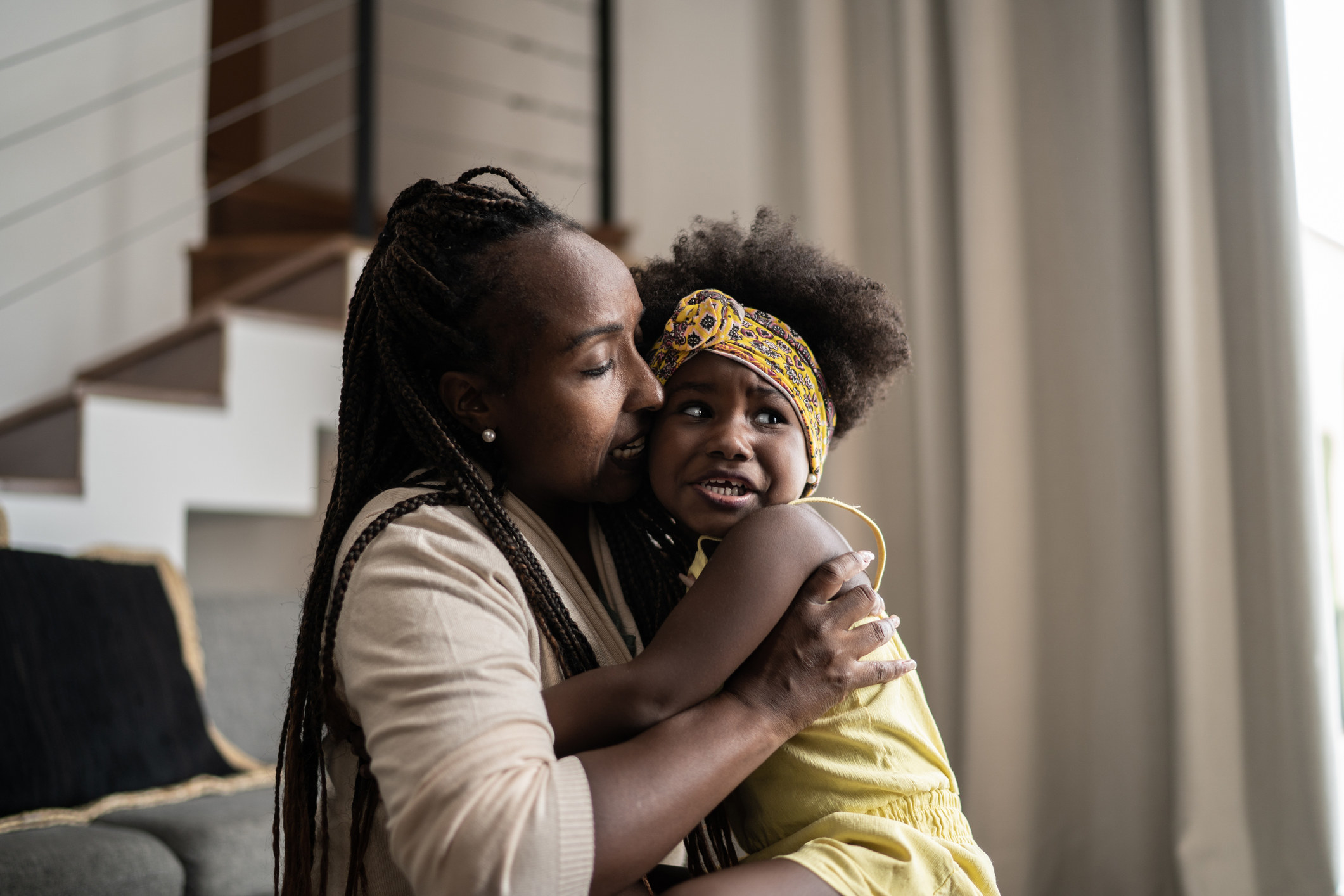
16. "'Dust it off/get up, do it again/rub some dirt it in.' No. I am hurt and/or need a break. I get the whole, 'Come on, you can do it' attitude, but pushing your children not only TO the breaking point but PAST it to teach them to keep on going no matter what, can be so harmful in the long run. We need to take a break sometimes and reassess, but for whatever reason, people have associated that with one hop, skip, and a jump away from quitting.
"Teach your kids instead the value of taking some time off, some breaks, to heal, cope, whatever. Pushing them continuously to try and try again can be so damaging."
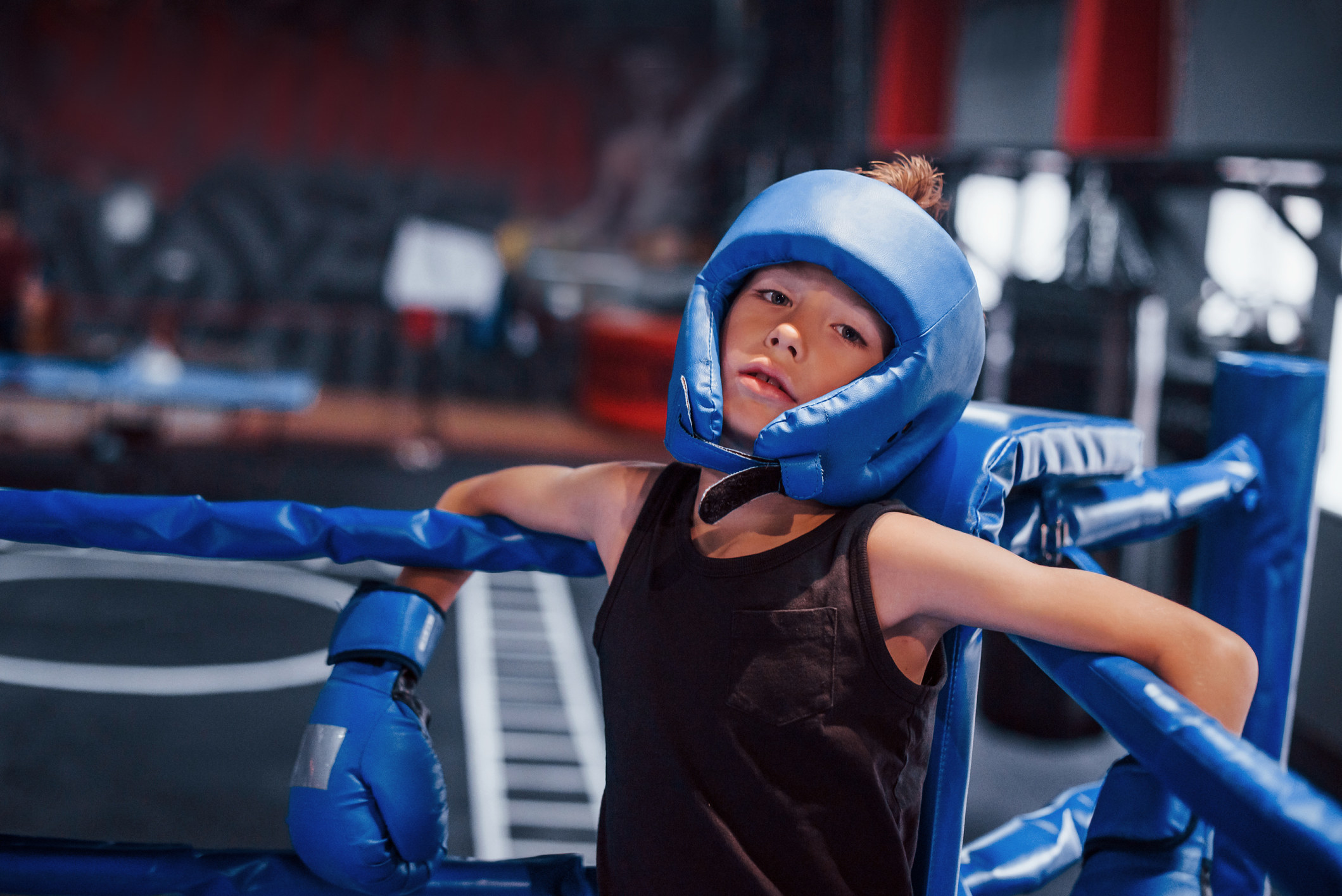
17. "In an attempt to seize teachable moments, my parents always talked about the other side of an issue when I was upset. Always. Every single time. While the intent was pure, all it did was make me feel like I never had a right to feel sad or angry about anything ever. Especially when it came to how people treat me.
"Never forget to validate and maybe address a child's feelings before (or at least at some point) trying to teach and/or resolve the issue."
—32, New York
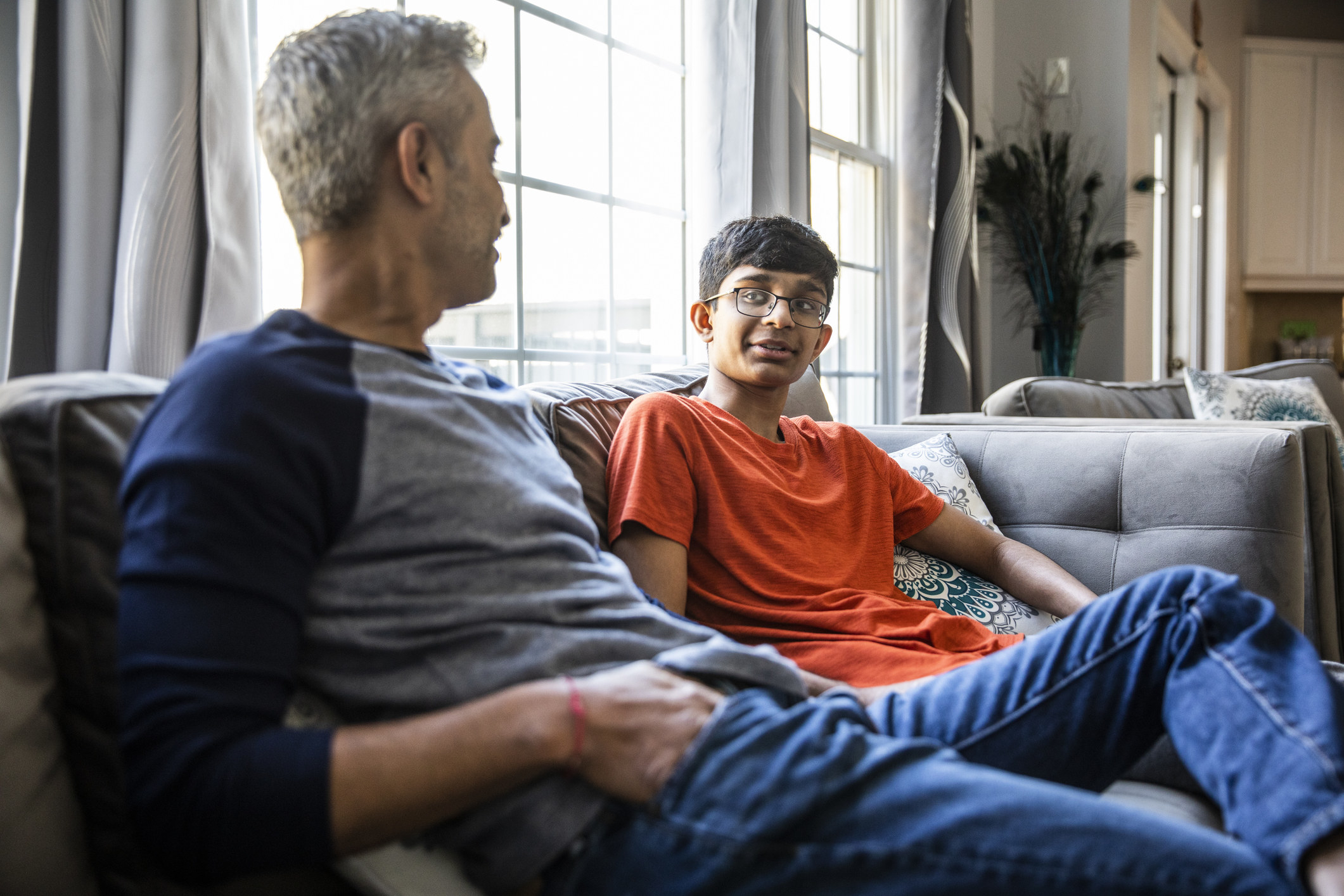
18. "'Stop being so sensitive.' Rather than my mom acknowledging that something she said hurt my feelings, she would switch it around to be my problem instead of addressing the issue.
"It made me tolerate a lot of verbal abuse growing up, and now, at 25, I'm still learning that it’s okay to defend myself, and I’m not being 'too sensitive.'"
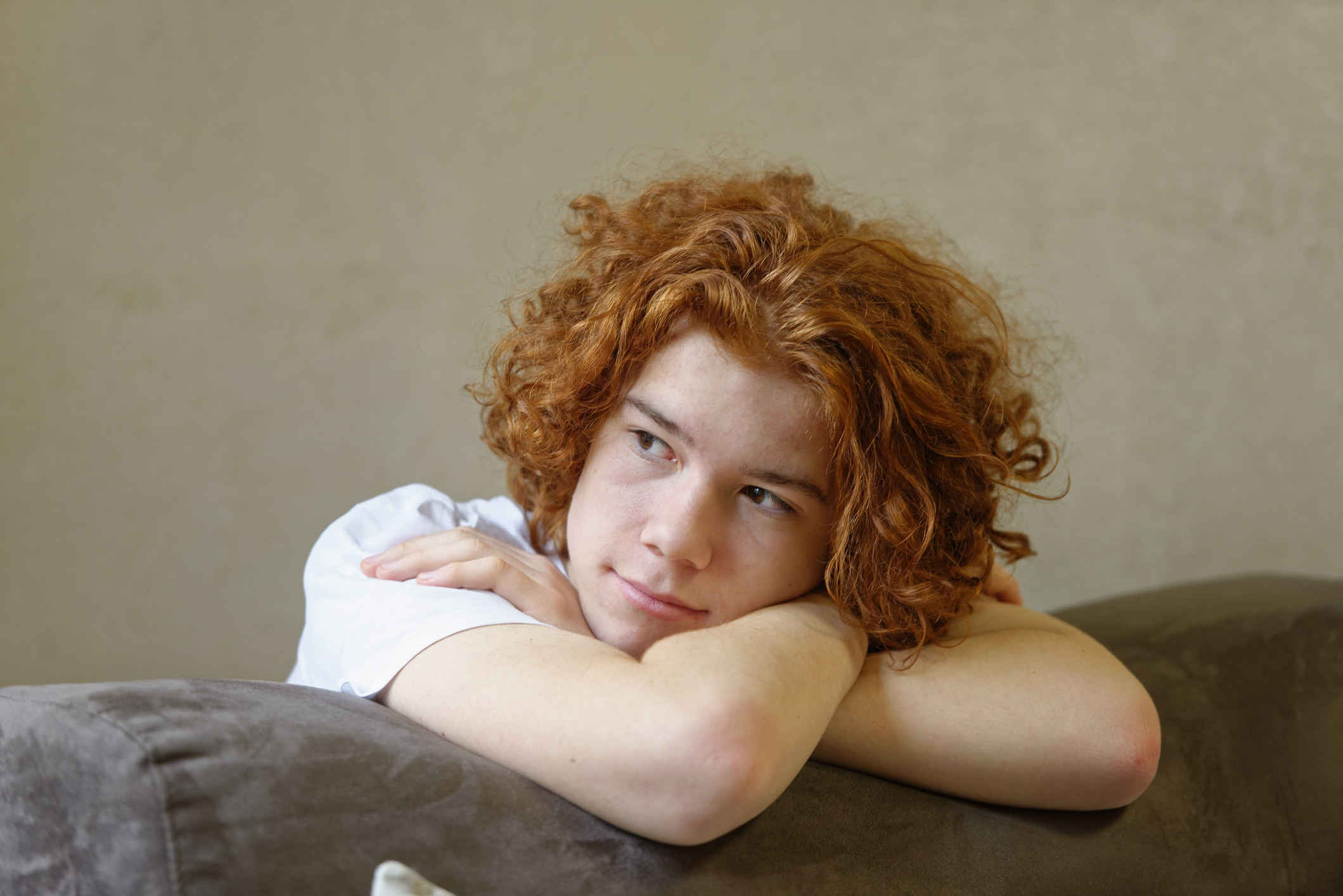
19. "Whenever I felt depressed growing up, my mom would always tell me that I was pretty and have lots of friends. It used to make me so angry because she never dealt with mental health issues; she thought this would make me snap out of it, and those were not things that I thought defined me or were necessarily even true."
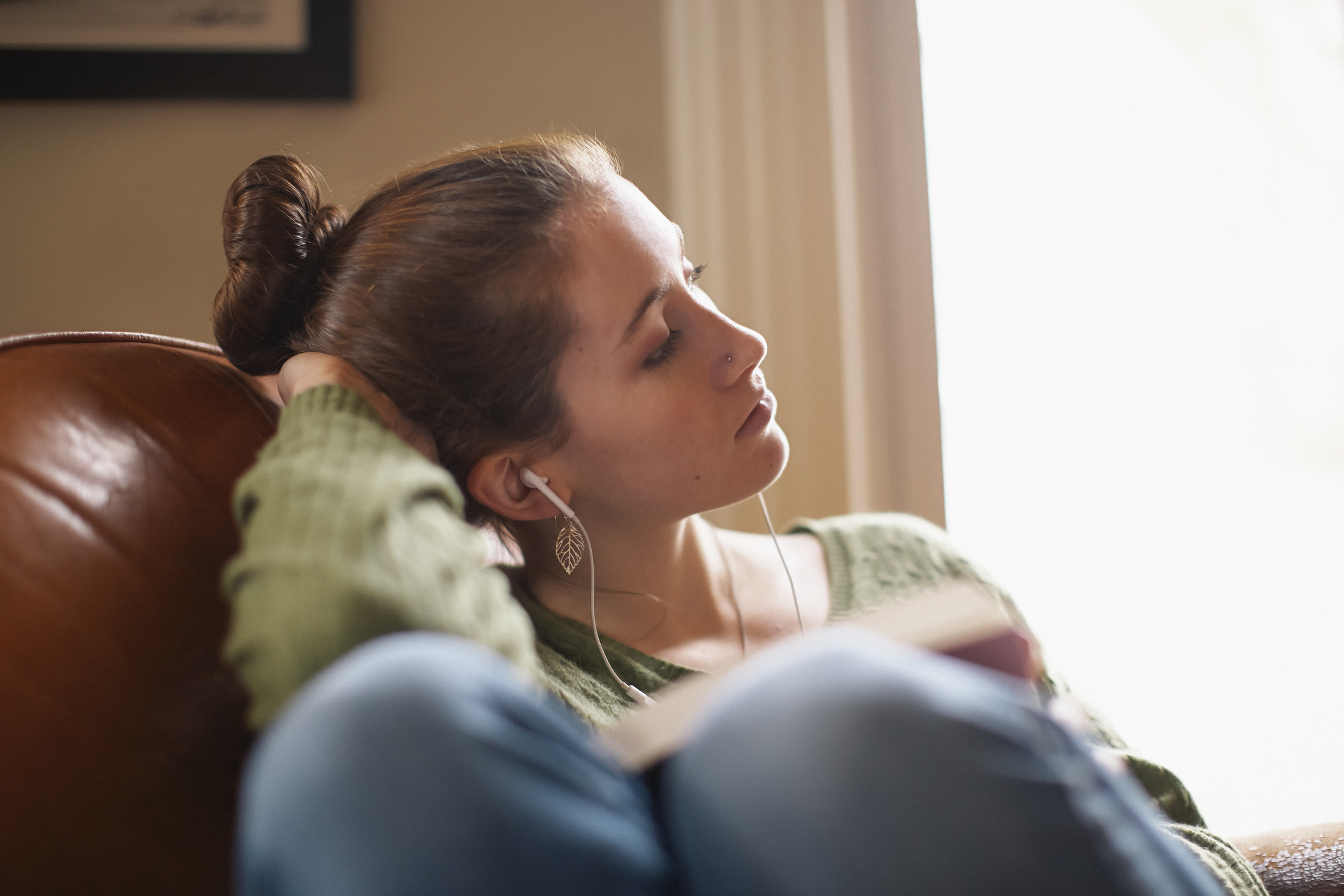
20. "Whenever I was left out of things by people I thought were my friends, my mom’s response was always, 'They probably just forgot about you.' Like…that doesn’t make me feel better at all."
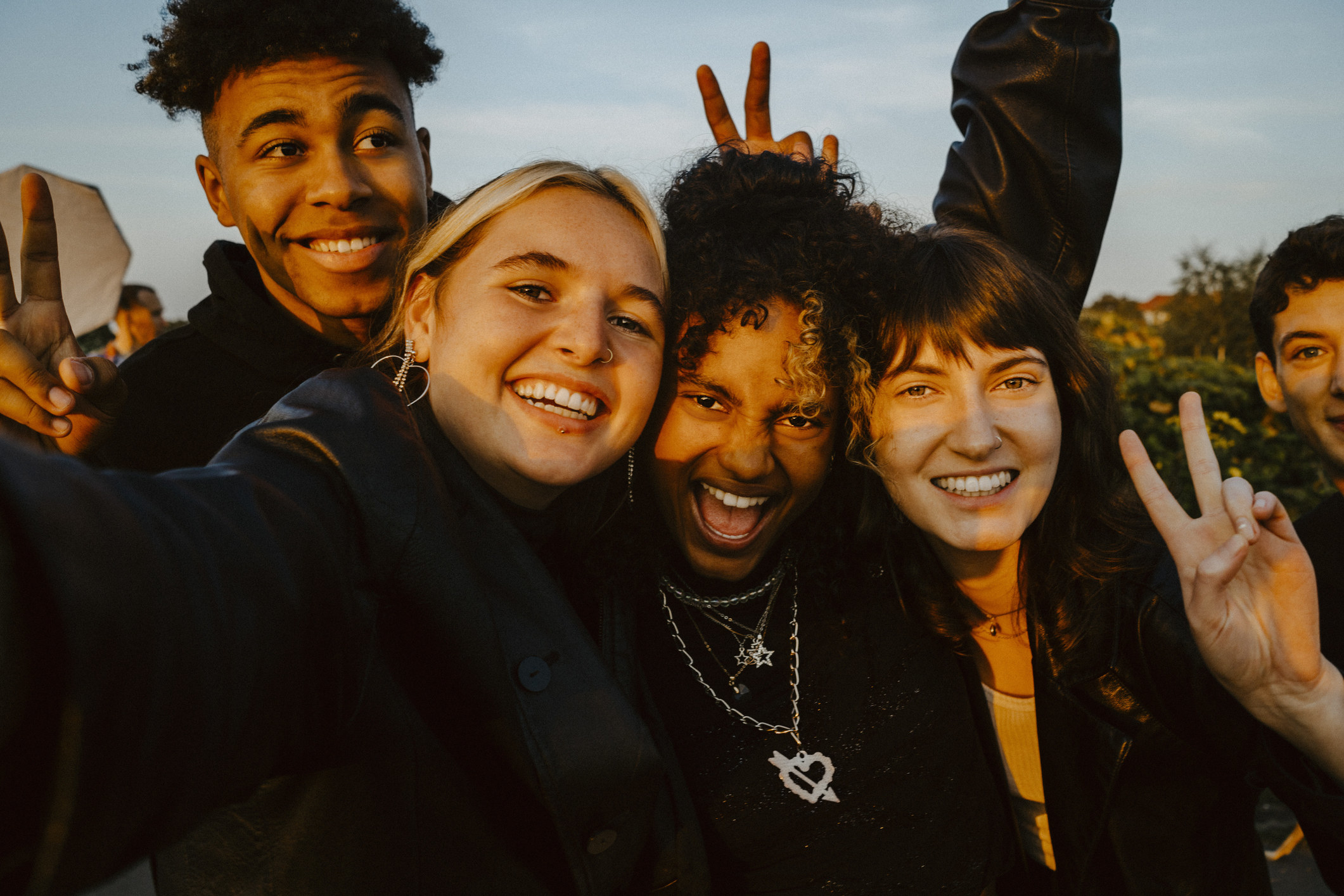
21. "One my parents STILL uses this on me if I'm ever depressed or having mental health struggles: 'Seriously? People have it way worse than you, and you're sad about that? Ha! Suck it up, buttercup!' I guess I'm not allowed to feel anything but fake, blissful happiness and to dismissively ignore when my body/mind are out of balance.
"This leads to me silently breaking down in my room all alone. Yup grrrrrreat parenting, guys!"
"'You need to realize how privileged you are; people have it way worse than you.' Thanks for making me feel like the most selfish person alive."
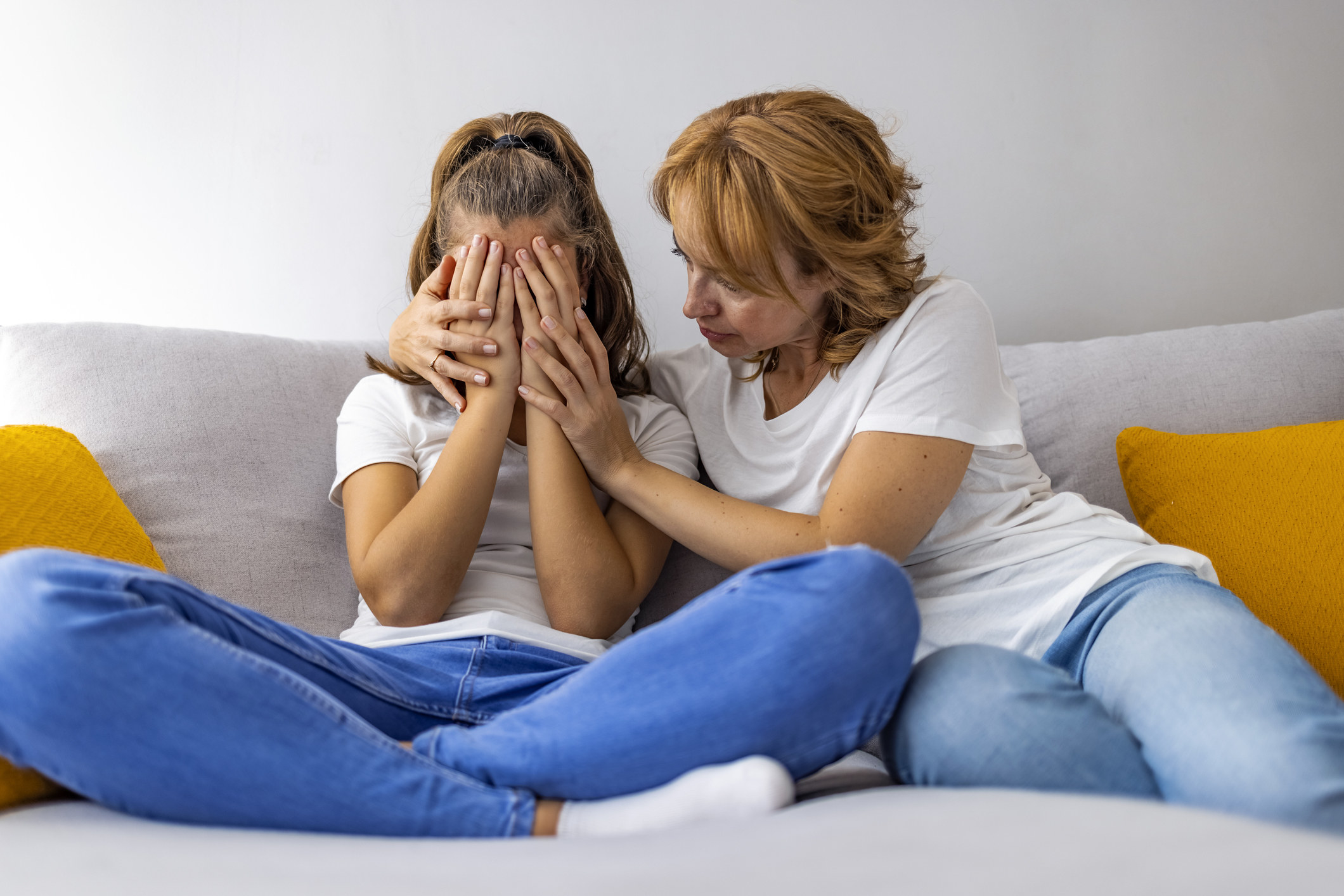
22. "'You can do it! You just need to work a little harder!' No. Sometimes, through physical limitations, mental limitations, or otherwise, you can’t just be good at something through hard work. I have a mind for English and was terrible at math. My mom, a foreign language teacher, would try and encourage me this way in high school. I went to tutoring every morning, asked for help from friends, put as much effort as I could in my math class, and I still barely squeaked by with a D.
"The sense of failure was crushing because I did everything right, but I wasn’t getting better. Sometimes, you have to accept your limitations and make peace with them in order to keep growing."
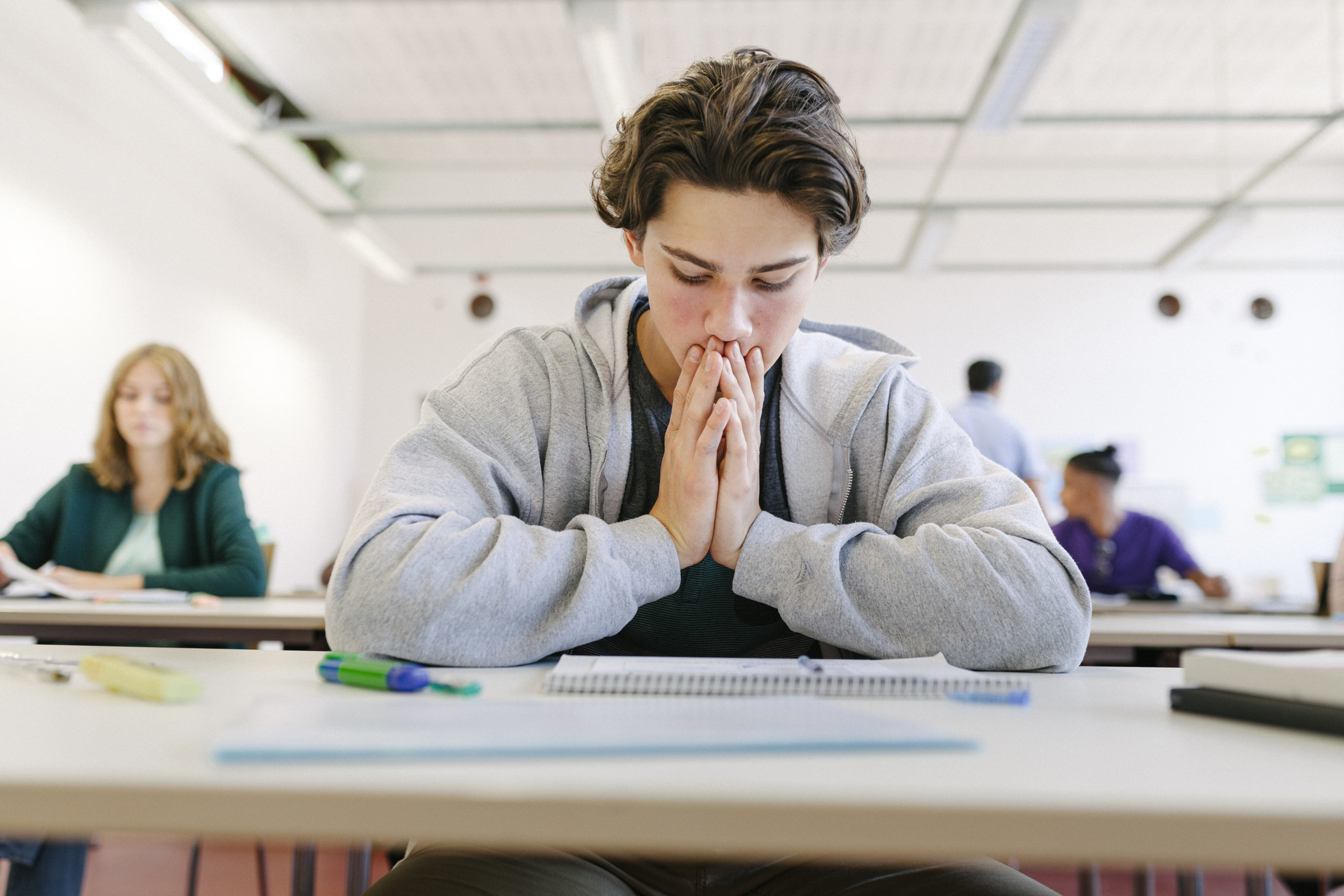
23. "My mom consistently told me I didn’t need help when I was asking for help. She thought she was encouraging independence and self-reliance. What she was actually doing was teaching me that needing help was unacceptable and asking for help when you need it was pointless at best and actively harmful at worst.
"She would also then act like it was ridiculous when I didn’t know how to do things like filing my taxes or driving a motorcycle when she had never taught me. I was just supposed to know everything she knew without her ever actively sharing knowledge. To her credit, when I pointed out that there’s a difference between teaching self-reliance and teaching that you as a parent can’t be relied upon to her AS AN ADULT, she seemed to take it to heart. She's doing a lot better with my much younger brother nowadays…in some respects."
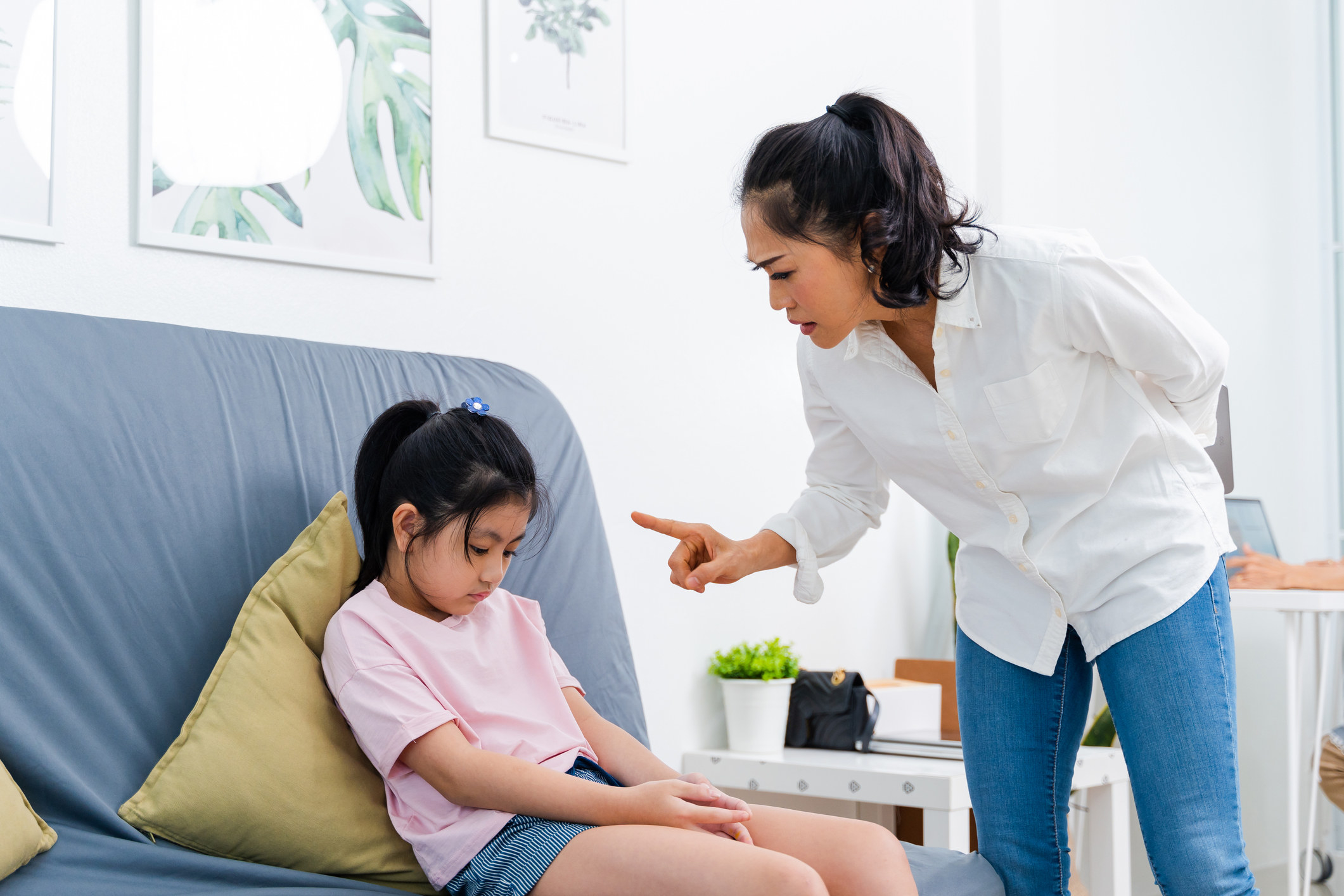
24. "'If it was important to you, you would remember to do it.' Actually, turns out I have mild ADHD, and sometimes, even when something is REALLY important to me, it just slips out of my head.
"I have hacks for remembering things now, but hearing this as a kid and having no idea why I kept failing was discouraging."

25. "'What are you so anxious about? What are you depressed about?' when they know you have clinical anxiety/depression, so there's often no reason other than sh*tty brain chemicals. I swear, my mom cannot process this information even though she also has clinical depression."

26. "'I love you, but I don't like you.' If a parent is saying that to a child, they're not trying hard enough."
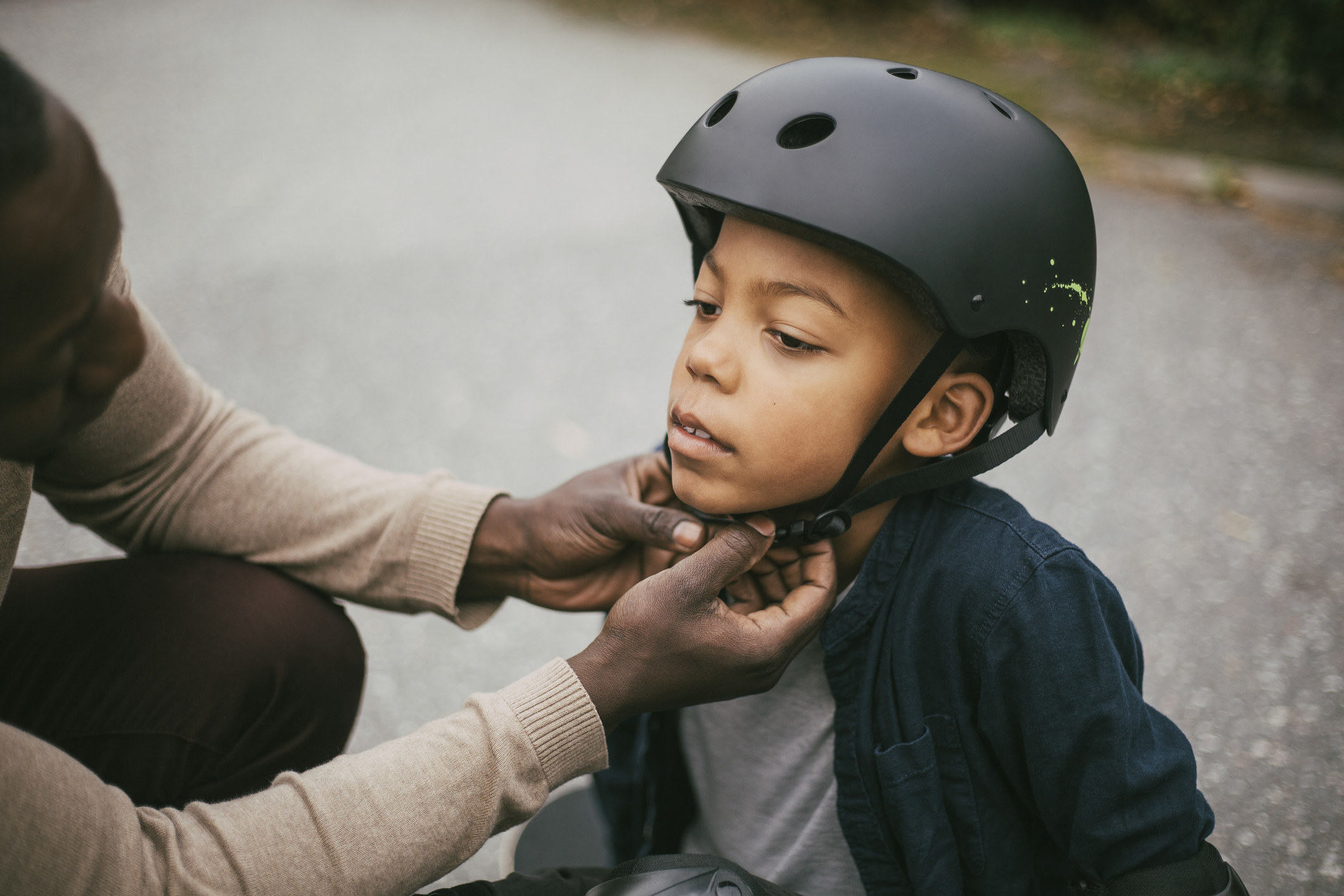
27. "'Mother knows best.' My mom claims she always knows what's best for me. I am just now trying to really find my true sense of self."
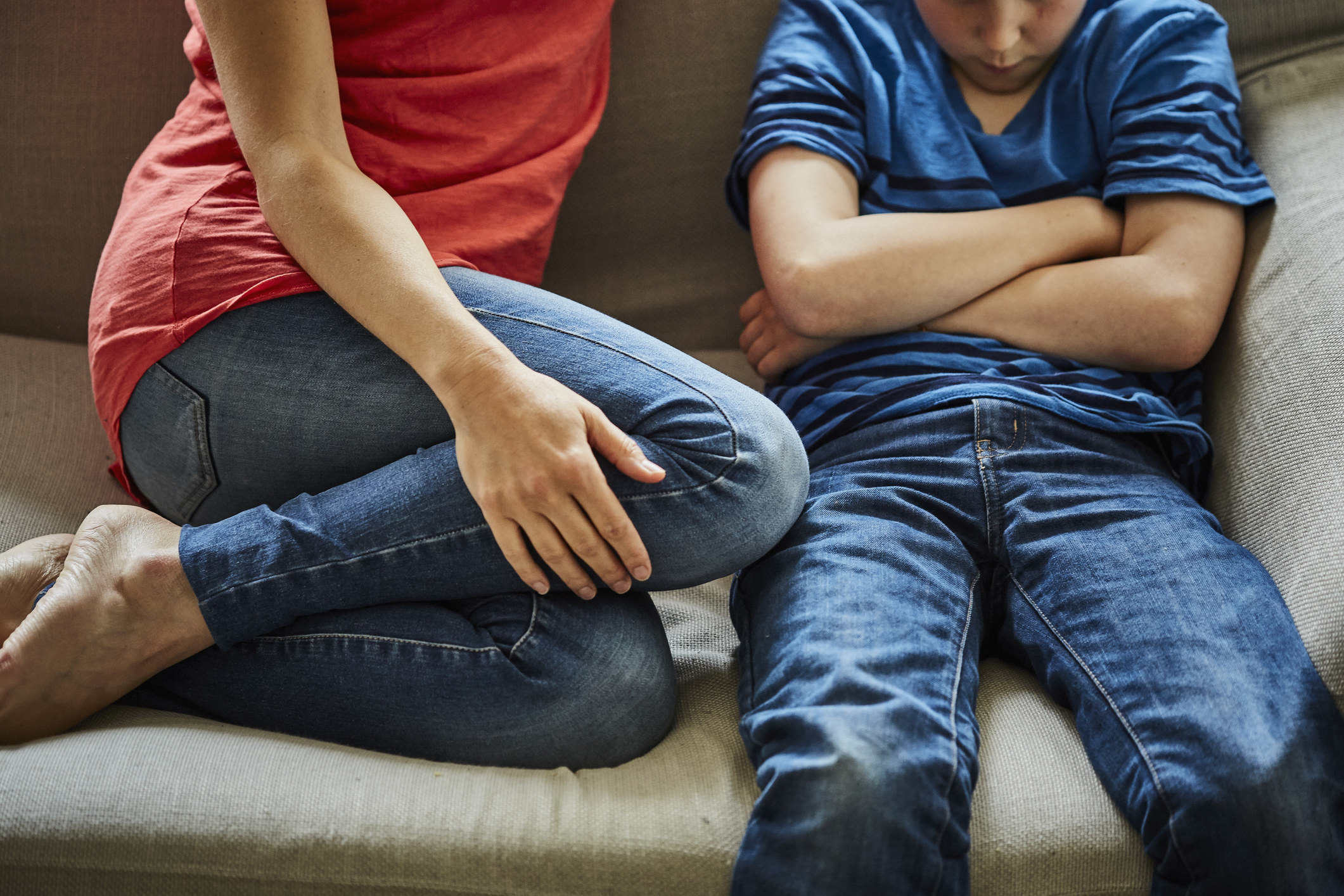
28. "'I don't know isn't an acceptable answer!' Dude, I was 9. My brain isn't fully developed, and I straight-up didn't know why I did some things. As an adult, I still don't know why I do some things. If adults aren't expected to know everything, why are kids held to a higher standard?"
—21, Maryland
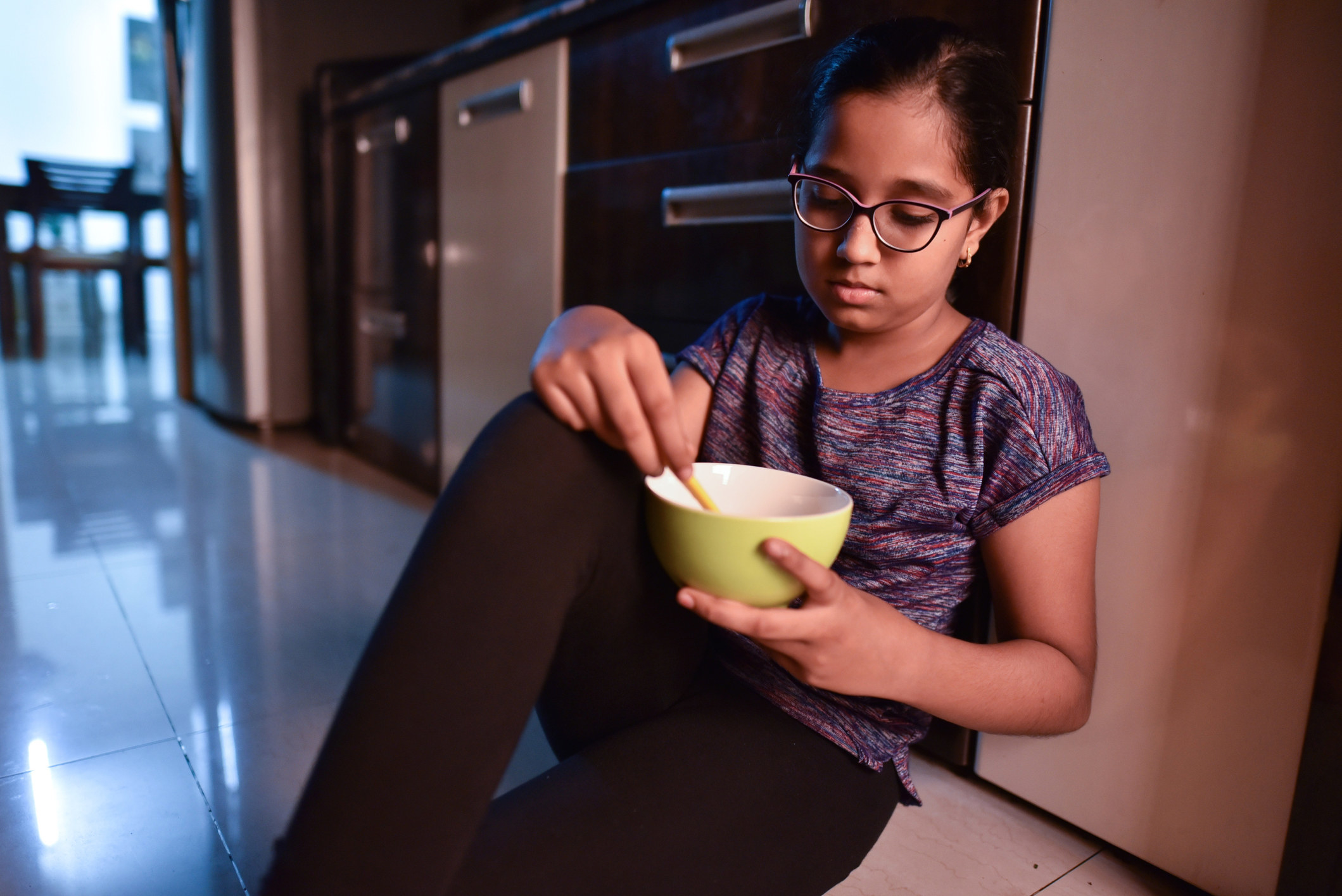
29. "Any time I came home with a report card that wasn’t straight As, I was told, 'This is unacceptable — you’re smarter than this.' All that did was make me feel stupid and like I could never live up to expectations.
"I realized recently that I don’t even try at some things because I expect myself to fail. Because why would I suddenly be good enough?"
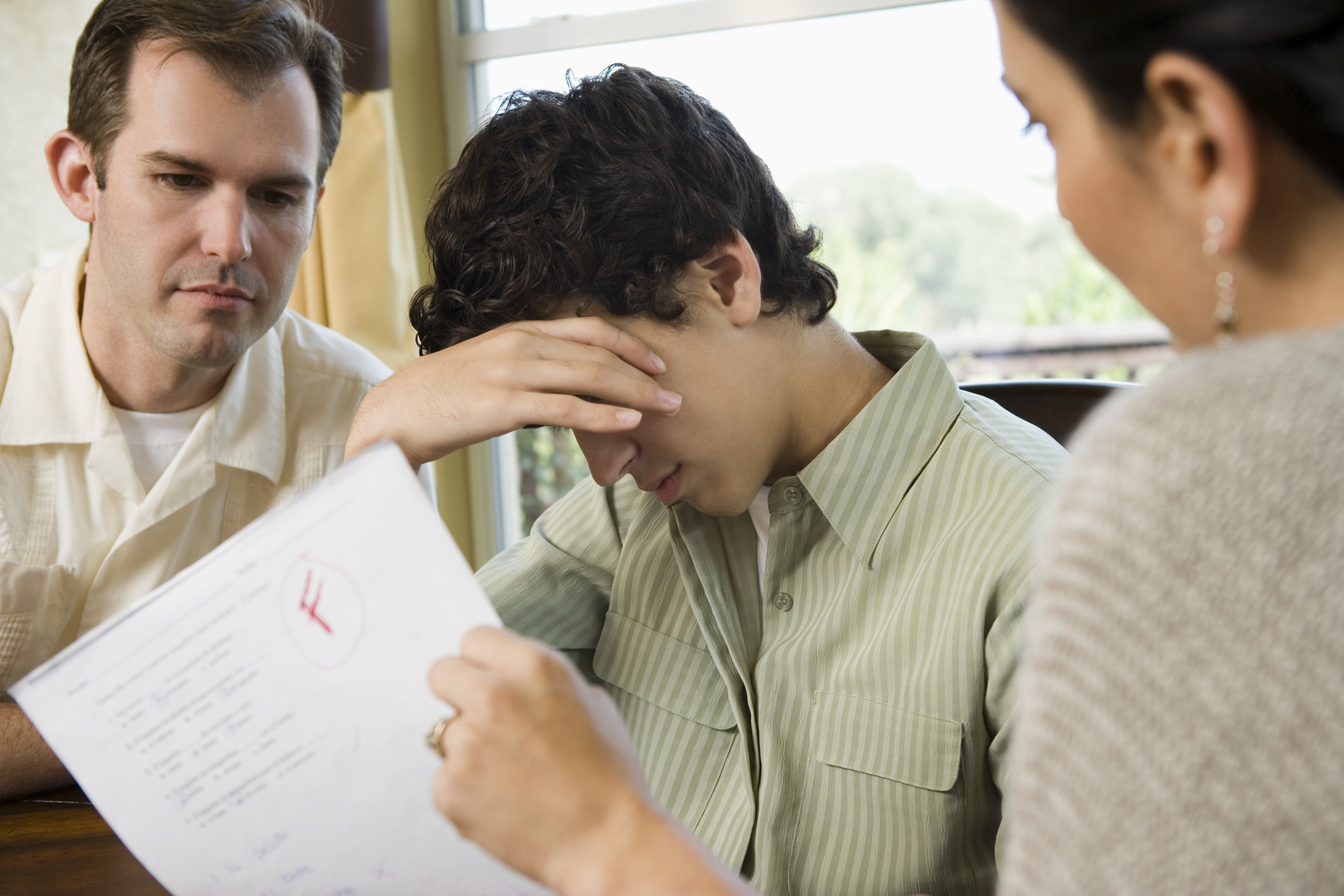
And finally...
30. "'Life’s not fair.' Any time they tried to prepare me for the hardships of adulthood, they really just discouraged me from wanting to grow up and dread aging at all. Really makes it hard to enjoy life when you’re 7 and stressing about problems decades down the road.
—21, New Jersey
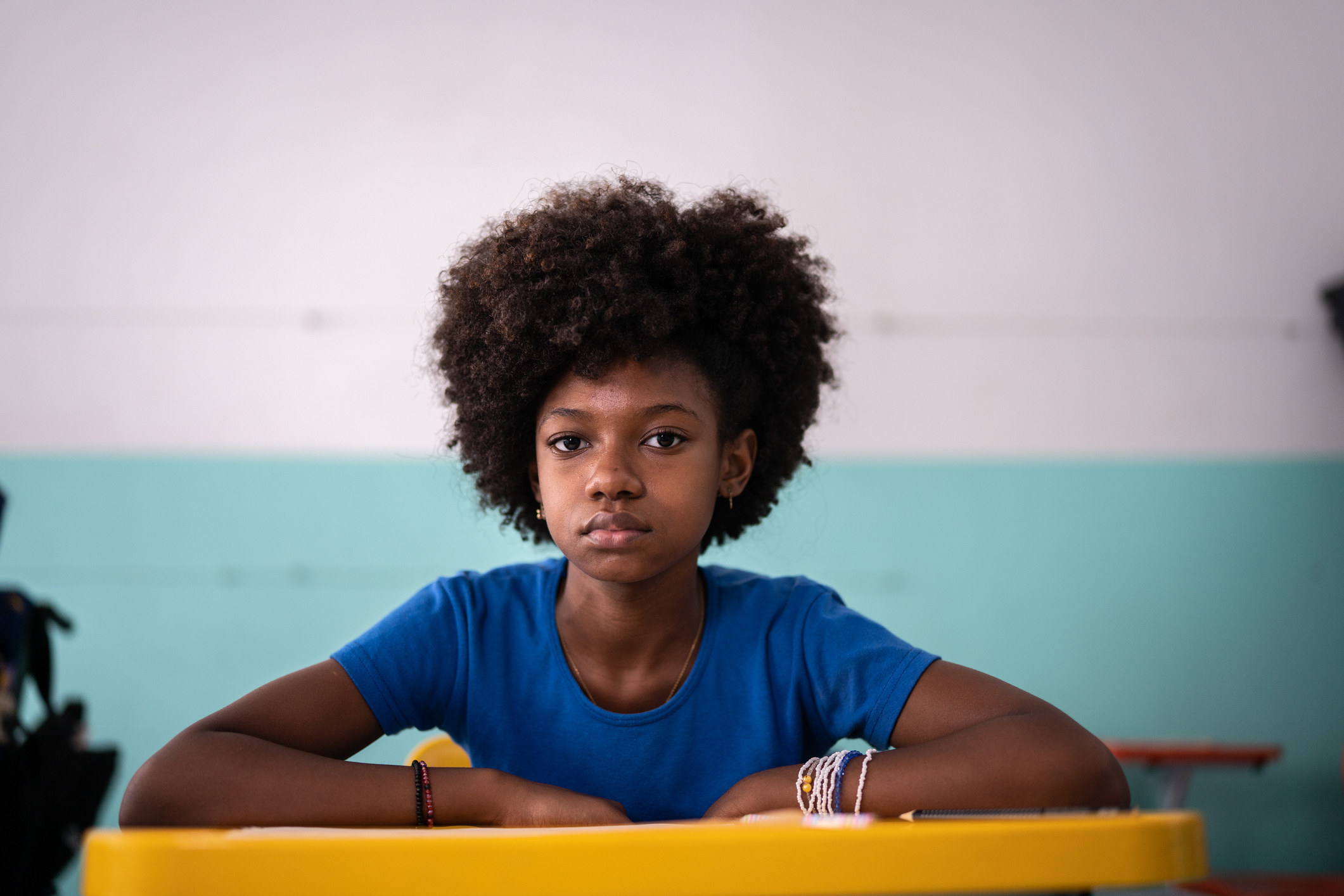
What are some other "helpful" things parents say that are actually toxic? Let us know in the comments below.
Note: Some responses have been edited for length and/or clarity.
